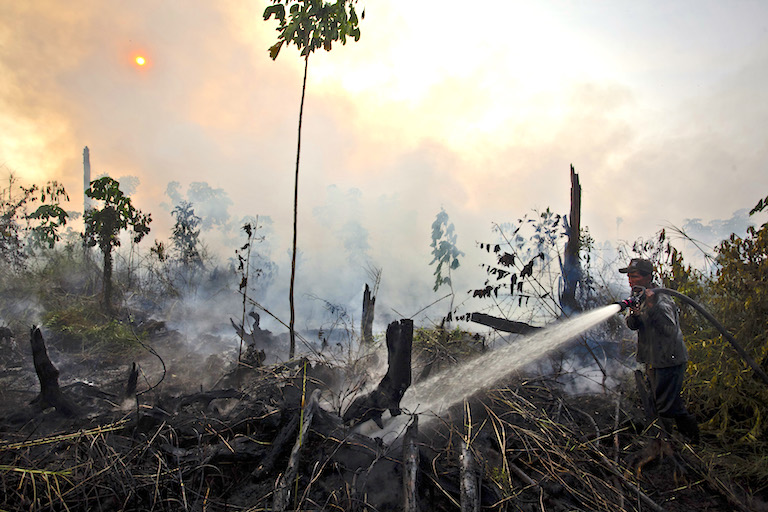The importance of peatlands – and the alternative composts available.
.
The UK government is moving to stop peat being sold:
The use of peat for gardening could be banned by 2024 to protect the climate and nature under plans being put out for consultation by the Government. Under new proposals, the sale of compost containing peat would be phased out in the amateur horticulture sector in England and Wales by the end of this Parliament, to cut carbon emissions and conserve wildlife habitats.
Government ponders plan to ban sale of peat compost to gardeners by 2024 | falmouthpacket.co.uk
Here’s the government’s press release from earlier today:
Plans to ban the use of peat in horticulture in England and Wales by the end of this Parliament were set out by the Government today (Saturday 18 December) in an effort to protect precious peatland habitats and meet net zero targets. Peatlands are the UK’s largest carbon store and are routinely dug up in the UK for horticultural purposes, such as for growing media.
Bagged retail growing media accounts for 70% of the peat sold in the UK. When this extraction takes place, the carbon stored inside the bog is released as carbon dioxide, contributing to climate change. Peat extraction also degrades the state of the wider peatland landscape, damaging habitats for rare species of flora and fauna, and negatively impacting peat’s ability to prevent flooding and filter water.
Plans to phase out the use of peat in the amateur horticulture sector | gov.uk
There are alternatives, as pointed out by the Express:
Craig Sams, Executive Chairman of Carbon Gold and former Chair of the Soil Association, explained: “There are a range of peat-free composts available. Composted green waste can be used as a low-cost alternative but is high maintenance and can contain toxic residues, such as herbicides that are damaging to plants. Wood chip-based composts are cleaner and have a longer life but don’t always perform as well as peat-based composts. For those looking to garden more sustainably without compromising on results, peat-free composts containing biochar, a pure, high-carbon form of charcoal, offer a fantastic solution…”
This is a huge issue internationally.
There’s a debate currently in Ireland about allowing the reintroduction of digging peat on a large scale:
“We have acres of peatland right here, with only 0.12 per cent of total Irish peatland required for the purposes of horticulture.”
Government should remove ban on commercial peat harvesting – report | irishtimes.com
Meanwhile in Congo, huge areas of peatland have been discovered:
In the first half of December, Mongabay published a four-part series on the peatlands of the Congo Basin. Only in 2017 did a team of Congolese and British scientists discover that a sprawling wetland known as the Cuvette Centrale spanning the border between the Republic of Congo and the Democratic Republic of Congo (DRC) actually contains a massive amount of peat. Their satellite mapping and ground truthing revealed that these peatlands cover an area the size of England and are the largest and most intact across the world’s tropics. But how did they get there? Why are they so important? And what does the future hold for the peatlands of the Congo Basin? Our series probes these questions and more in detail, tapping into the ongoing research and surveying the threats that could disrupt, degrade or even destroy this unique ecosystem. Here are 10 takeaways from our reporting.
And in Indonesia, where vast tracts of peatland have been cleared for palm oil plantations, the case is being made that restoring them is a cost-effective strategy to reduce the impacts of fires tearing through the carbon-rich soil:

Restoring Indonesia’s damaged peat lands could bring economic savings of billions of dollars, an analysis shows, while also cutting greenhouse gas emissions and reducing health risks. The study, led by the University of Leeds, calculated that peat land restoration could have reduced economic losses by US$8.4 billion (S$11.45 billion) from 2004 to 2015, when Indonesia suffered repeated and damaging fires. Researchers found that the benefits of effective peat land restoration outweigh the cost of restoration. They said this supports Indonesia’s ongoing efforts to try to reverse decades of damage, caused mainly by plantation and logging firms that have cleared and drained millions of hectares of peat swamps.